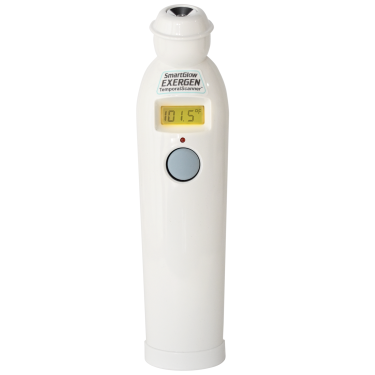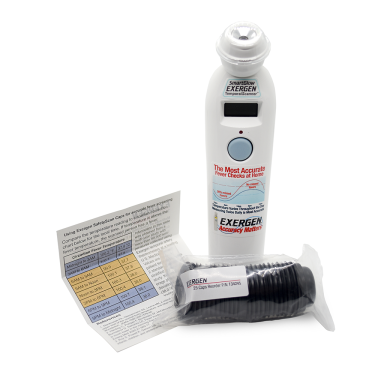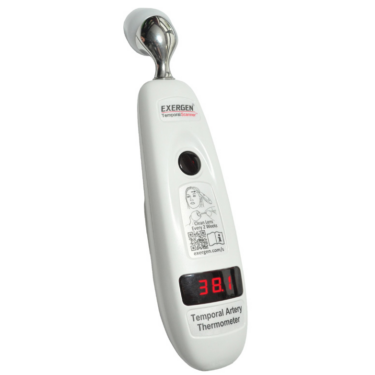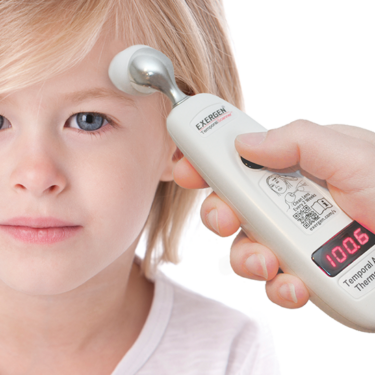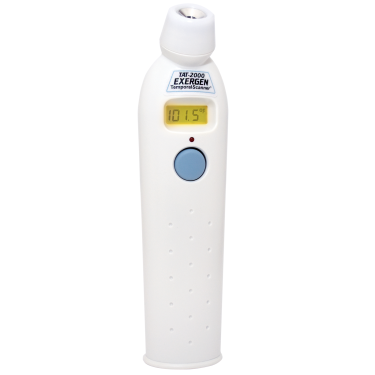Sepsis is one of the most serious and common reasons for hospital stays, excluding maternal and neonatal cases. According to recent data from the American Hospital Association there were approximately 739 hospital stays per 100,000 people for sepsis in 2021 alone. This highlights just how critical it is to understand sepsis, its symptoms, and how to respond quickly.
What is sepsis, and why does it lead to hospitalizations?
What Is Sepsis?
Sepsis is the body’s response gone awry to an infection. Normally, when the body detects an infection, it activates a response to fight it off. In regards to sepsis, the immune system overreacts, turning on the body itself. This results in widespread inflammation and poor functioning of vital organs. As the infection spreads, it can progress into septic shock, a dangerous condition characterized by a dramatic drop in blood pressure that can cause severe damage to organs like the lungs, kidneys, and liver. If left untreated septic shock can be fatal.
Early intervention is crucial. The sooner treatment is started, the better the chances of recovery. How can you recognize sepsis and get help before it escalates?
Recognizing the Symptoms of Sepsis
The symptoms of sepsis can be tricky because they overlap with other illnesses. They vary from person to person, and it can look different in children compared to adults. The common signs include:
- Change in Mental Status: This could be confusion, disorientation, or difficulty staying awake.
- Fast, Shallow Breathing: This may be one of the first signs of sepsis.
- Unexplained Sweating: If there’s no clear reason for heavy sweating
- Lightheadedness or Dizziness: Feeling faint or like you’re about to pass out can signal a drop in blood pressure.
- Fever: A high body temperature can often accompany sepsis. Using a thermometer – Like Exergen’s TempoTherm or TAT-2000C Temporal Artery Thermometer that is designed to offer quick, accurate, and non-invasive temperature readings.
Know When to Seek Help
If you have any signs of an infection or wound that’s not improving, it’s important to consult with a healthcare provider. Symptoms like confusion, rapid breathing, or a significant change in mental status and fever, are red flags that should prompt immediate attention. The faster you get treatment for sepsis, the better the outcome.
EXERGEN P/N 850392, Rev 1
